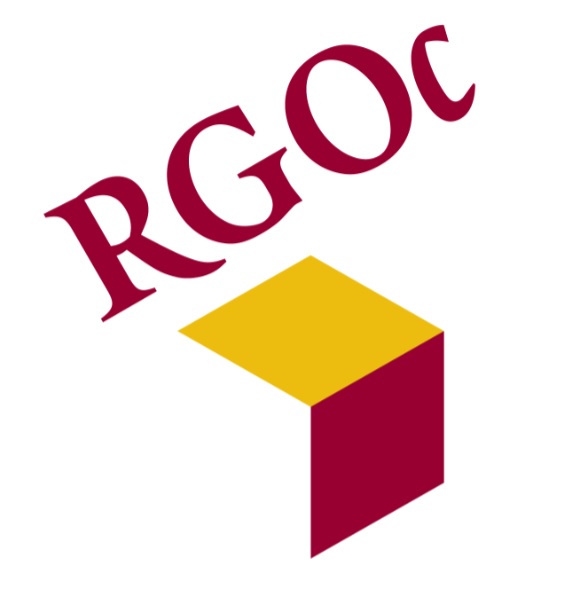- Duurzaam Verblijf, Beilen
Cooperation
- GGZ Drenthe, Verslavinsgzorg Noord Nederland, GGD Rotterdam-Rijnmond, GGD Amsterdam, RGOc
Period
2007 – 2016
Finance
unknown
Finance by
- Duurzaam Verblijf; GGZ Drenthe, Verslavingszorg Noord Nederland, GGD Rotterdam-Rijnmond, GGD Amsterdam
Status
publicatiefase
Contact(s)
dr. R.H.S. van den Brink (Rob)
UMCG, UCP, RGOc
telefoon: 050-3612089
e-mail: r.h.s.van.den.brink@umcg.nl
Abstract
Background of the studyIn the major cities of the Netherlands a group of chronic patients is seen, with both severe addiction and mental health problems (primarily psychotic problems), who are considered ‘untreatable’ within current services. These patients have been treated by all available means, including involuntary hospital admission, but have not gained from these efforts. Often they were discharged because they proved unmanageable within regular hospital settings. They live on the streets, causing considerable inconvenience to their surroundings, and they are at risk of ultimate physical and social deterioration.
The cities of Amsterdam and Rotterdam together decided to create a new long-term residential treatment facility for the target group, referred to as ‘Sustainable Residence’ (SR). Patients are compulsory admitted to SR, for as long as necessary (and supported by the judge). They are offered comprehensive treatment, addressing their somatic, addiction, psychiatric, and psychosocial problems. The primary aim of SR is to improve patient functioning, in many domains of the patient’s life.
Objective of the studyIt is unclear whether SR, as a new form of long-term residential treatment, enforced by sustained legal pressure, is effective for the severely dysfunctioning target group. The objective of this study is to examine changes in patient functioning over the SR treatment period and the first year post-discharge.
Study designIn this longitudinal observational study, the total cohort of patients admitted to SR is followed over the SR treatment period and the first year post-discharge. Patient functioning is assessed annually, as part of Routine Outcome Monitoring (ROM) for individual care planning. Admission and discharge from SR are managed by SR and the referring Public Health Authority (PHA) of Amsterdam or Rotterdam together. After discharge, the PHA keeps an account of the care provided to the patient and assesses the patient’s functioning, one year post-discharge. In addition, upon discharge of SR the patient is asked permission to contact one year post-discharge (1) the patient’s case manager in the follow-up facility, to inform about patient functioning and care provided, and (2) the patient for an interview.
Study populationAll patients admitted to SR are studied. Over the study period of 3 years, 180 patients are expected to be included.
Primary outcomePrimary outcome is the patient’s psychosocial functioning, as assessed by the Health of the Nation Outcomes Scales (HoNOS).
Secondary outcomesSecondary outcomes are, among others: use of alcohol or illicit substances, dangerous to oneself or others, quality of life, satisfaction with treatment, mental and physical health problems, insight into mental illness, and the patient’s retrospective judgement of the involuntary treatment received.
